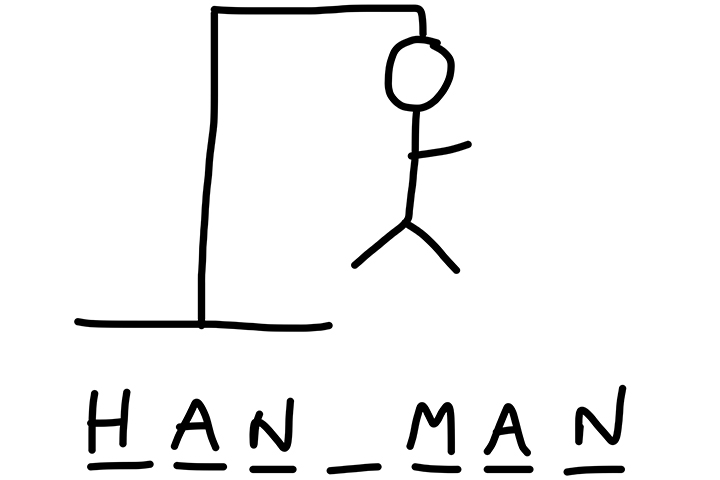Summary of https://kappanonline.org/what-one-says-doesnt-say-to-white-educators-beardslee/
The essay by Lois Beardslee, titled "H_NGM_N: What one says, and doesn’t say, to white educators," published on January 25, 2021, presents a poignant and critical reflection on racism, privilege, and the normalization of violence in educational settings, particularly through the lens of a Native American educator's experiences in northwest Lower Michigan. Here are the main points:
1. Racism and Denial of White Privilege: The author begins by setting the context of her experiences in a region characterized by "white-flight" communities, where discussions on racism and white privilege are vehemently avoided or denied by the white populace, despite overt racist behaviors.
2. Normalization of Violence: Beardslee critiques the use of the game "hangman" in educational settings, highlighting how it unconsciously normalizes historic violence against people of color, particularly lynching, and suggests considering alternative activities that do not glorify such violence.
3. Personal Experiences with Racism in Education: The author shares her extensive background in education and her struggles with racism, including direct threats and discrimination, which have limited her professional opportunities and forced her into low-status, substitute teaching roles.
4. Resistance to Change: Beardslee recounts an incident where she suggested rethinking the use of the game "hangman" to a white teacher, only to be met with anger and resistance, illustrating the broader unwillingness among white educators to acknowledge or address ingrained racial biases and norms.
5. Power Dynamics and Silence: The essay delves into the power dynamics in educational settings, where minority educators and students often feel compelled to remain silent about racism and discrimination for fear of retribution or further marginalization.
6. Impact on Children of Color: It also touches on the psychological impact of racism and discrimination on children of color, who learn from an early age that they cannot rely on white adults in authority positions for support or protection.
7. Systemic Exclusion of Minority Educators: Beardslee discusses the systemic barriers to employment for teachers of color in the region, which perpetuates a monocultural bias within education and discourages minority students from pursuing careers in teaching.
8. Personal and Familial Trauma: The author shares personal stories of racial violence experienced by her family, including the lynching of her grandfather, to underscore the deep, lasting trauma inflicted by such acts of hatred and the importance of not trivializing this history in educational contexts.
9. Critique of Educational Practices: The essay criticizes the educational system for its role in perpetuating racial violence and bias, both through the curriculum and the behaviors it normalizes, and calls for a reevaluation of teaching practices to better reflect a commitment to diversity and anti-racism.
10. Conclusion and Reflection: Beardslee concludes by reflecting on the broader implications of her experiences, questioning the norms that prioritize the comfort and convenience of white educators over the well-being and dignity of minority students and educators, and advocating for systemic change within education to address these deeply ingrained issues.
Note: After reading the original essay at the link, ChatGPT assisted with organizing my thoughts into this summary.

No comments:
Post a Comment
Please feel free to leave a comment that is relevant to this post. Thanks!